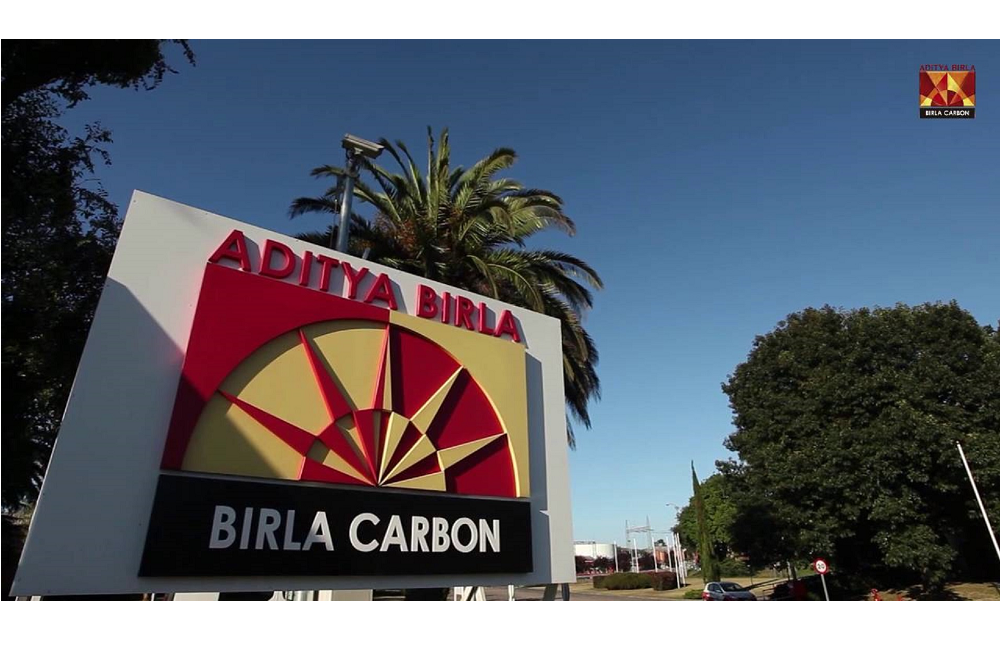The TRA Policy paper sets out five steps for enforcing responsible export of waste tyres
The Tyre Recovery Association (TRA) has released a five-step action plan, titled ‘Road to Reform’ to provide a clear and systematic approach to remedying the shortcomings identified in the Environment Agency’s (EA) recent review of waste tyre exports.
The TRA welcomed the report’s release last month, as a significant milestone and is committed to working with the government to deliver on these reforms and stop the illegal diversion of British waste tyres to damaging pyrolysis plants in countries like India.
Peter Taylor OBE, Secretary General of the Tyre Recovery Association, said; “The EA’s report is a clear diagnosis of the sickness in the current regulatory framework and we welcome the recognition of the shortcomings in its ability to meaningfully enforce regulations.
“Our ‘Road to Reform’ paper provides a constructive and practical five-step action plan, using technology to strengthen existing powers and ensure the UK’s responsibility for waste tyres does not stop at our national borders.
“We need to see the EA respond to their review and the action promised by the Waste Minister, in spring, to ensure we both bring an end to irresponsible waste exports and sustain our own tyre reprocessing capabilities.
“The EA has the tools and the policy lead to make a real difference now. The technology exists and our industry stands ready to assist the British government in rolling out these measures to ensure compliance.”
The TRA’s road to reform plan clearly sets our five steps for enforcing responsible export of waste tyres. It calls for ‘Enhanced Verification’ by leveraging contemporary technology to transform the Annex VII process.
The five steps cover:-
• Update Annex VII technology, introduce mandatory geotagged evidence: Use contemporary technology to enhance the Annex VII verification process.
• Digital Chain of Custody: Implement some simple checks as a pre-cursor to Digital Waste Tracking, with a verifiable chain of custody for all waste tyre shipments.
• Cross-Referencing, Compliance and Blacklisting: Using their powers under Article 50 of UK Waste Shipments regulations the EA must outline the penalties for any party found to have submitted incomplete or fraudulent paperwork.
• Federated Data and Transparency: A simple central digital portal will provide the EA and its international partners with federated, live data feeds. This will improve transparency and allow regulators to monitor the movement of waste tyre shipments more effectively and at a lower cost.
• Enforce Site-Specific Rules: Actively enforce the existing policy that a pyrolysis plant [In India] cannot legally accept imported tyres. Enhanced verification is crucial to prove that tyres arrive at licensed and “environmentally sound managed” (ESM) recovery facility, rather than being diverted for illegal pyrolysis.
In parallel to these immediate steps for enhanced verification, the TRA continues to champion the ultimate solution for long-term stability and environmental assurance: the introduction of a “shred only” policy for waste tyre exports. This policy, already adopted by Australia, provides a simple and effective means of addressing environmental concerns and ensuring a sustainable UK domestic processing capability.
Comment: In all of this, the weak point will always be the verification at the final destination. We already know that tyres get diverted from their stated source. There is nothing to say that would not continue with falsified documentation at the final destination.






